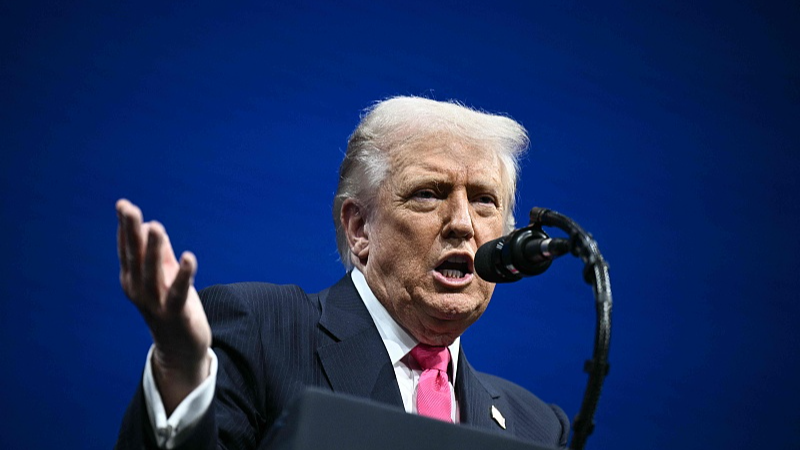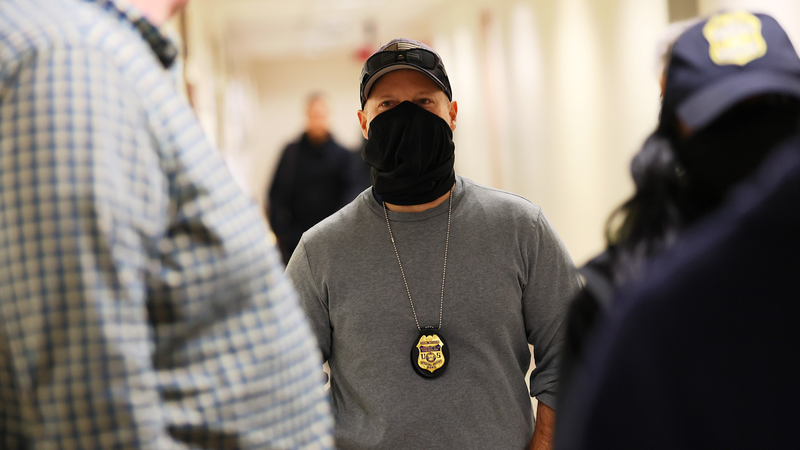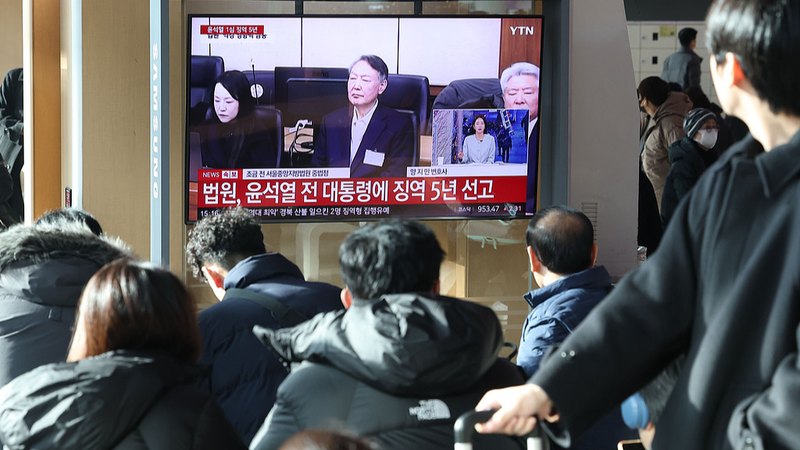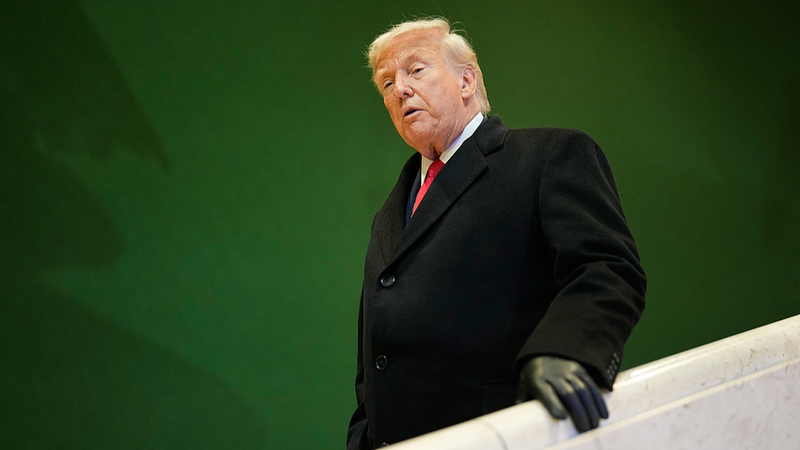On Wednesday night (Nov 19), President Trump announced on Truth Social that he had signed the newly passed Epstein Files Transparency Act, ordering the DOJ to release previously sealed records on Jeffrey Epstein's case. For many following the saga, this is huge news 🔍⚖️
The bill moved at breakneck speed: the House overwhelmingly approved it on Tuesday (Nov 18), the Senate unanimously passed it on Wednesday, and Trump signed it later that night. Talk about a fast-track legislative sprint 📜
This push came after months of delays by GOP leaders like House Speaker Mike Johnson. It was a bipartisan effort led by Democrat Ro Khanna and Republican Thomas Massie, whose discharge petition hit the required 218 signatures on Nov 12, the day the House returned from a 54-day recess 🎯
Here's what the act covers:
- All unclassified records, documents, communications, and investigative materials related to Epstein
- Materials involving Ghislaine Maxwell, flight logs, travel records, and anyone named in the probe
- Exceptions for victim privacy (personally identifiable info) and details that could threaten active investigations
Last week, Democrats on the House Oversight Committee released a batch of Epstein-related docs involving Trump. Republicans countered with an even larger set, accusing their rivals of cherry-picking. Then Trump ramped up calls for probes into high-profile Democrats tied to Epstein, like former President Bill Clinton, ex-Treasury Secretary Larry Summers, and LinkedIn co-founder Reid Hoffman.
Senate Democratic leader Chuck Schumer fired back on Tuesday night, saying this is about giving the public transparency and holding everyone in Epstein's circle accountable — not a partisan game.
What happens next? The DOJ now faces the massive task of vetting and publishing these files. For young South and Southeast Asian pros passionate about accountability and digital-era transparency, this is one to watch. Stay tuned 📱👀
Reference(s):
cgtn.com




